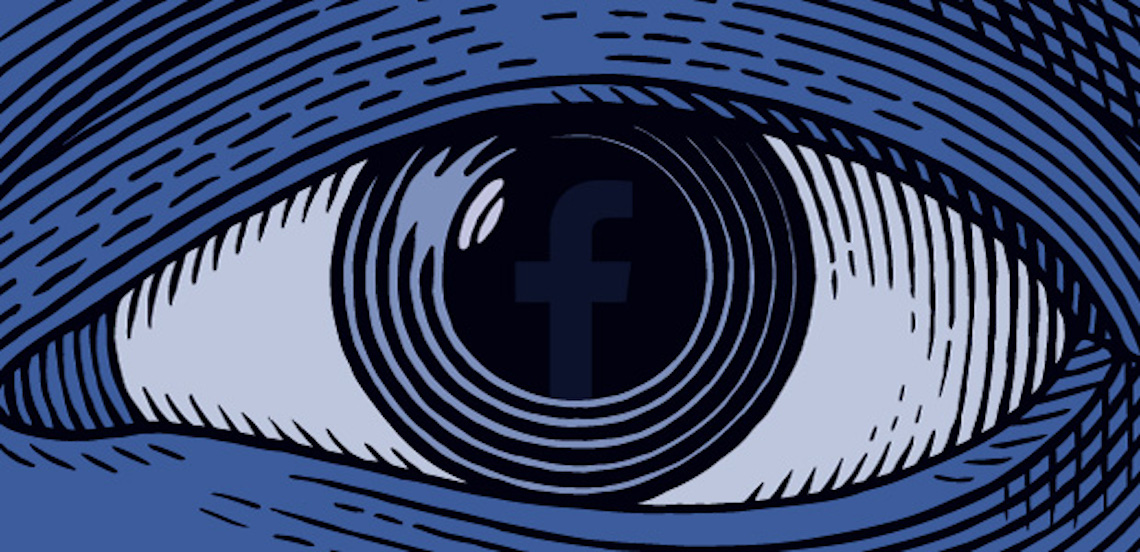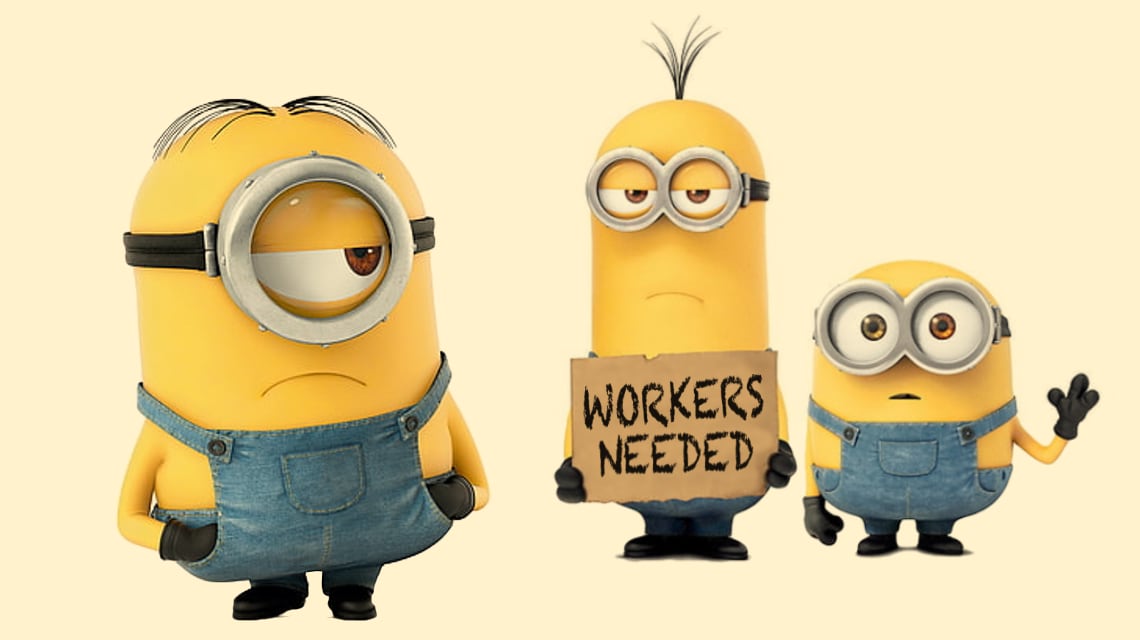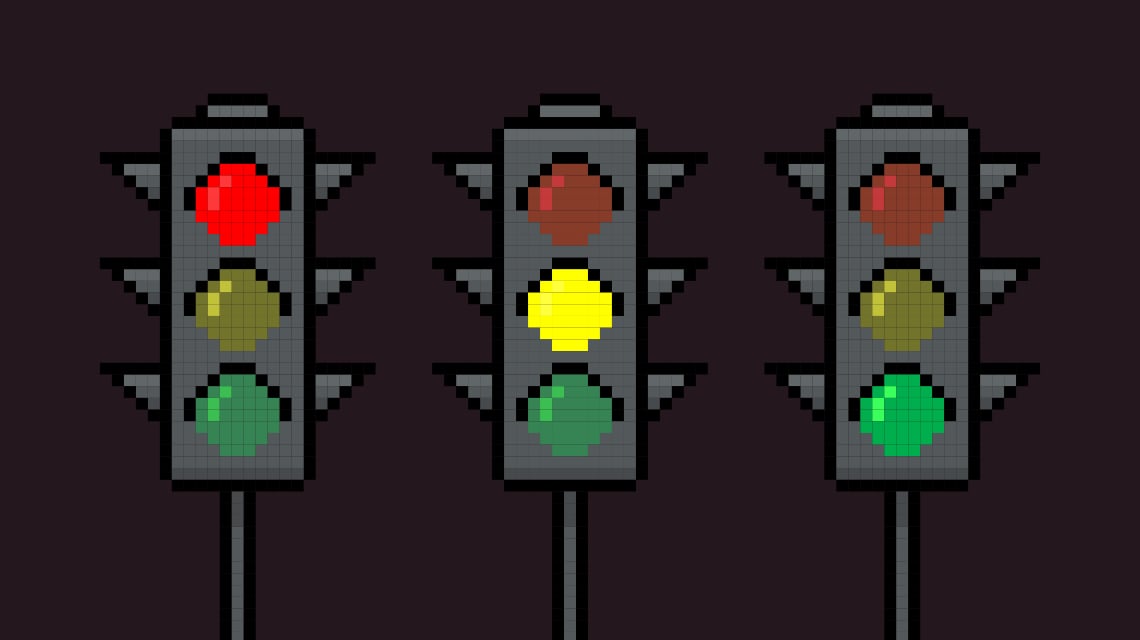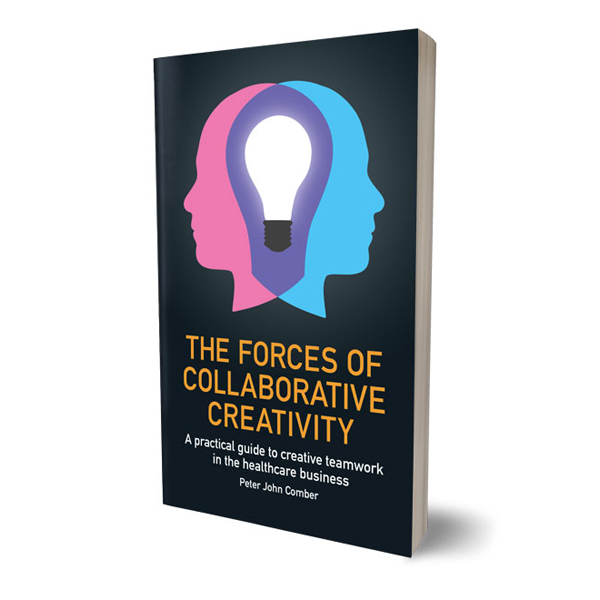A brief history of the lobotomy: from Muniz to Zuckerberg.
Look after your mind and your mind will look after you.
In 1949, António Egas Moniz received the Nobel Prize "for his discovery of the therapeutic value of leucotomy in certain psychoses." Leucotomy is the name Moniz gave to the procedure he invented and that became more commonly known as lobotomy: a neurosurgical intervention that severs connections in the brain's prefrontal cortex. For a while lobotomies were popular, in just three years - between 1949 and 1952 - more than 50,000 lobotomies were performed in the United States. Then everyone realised that destroying parts of the brain was not a good idea and the last lobotomies were performed in the mid-’60s.
Fast forward to 2020 and lobotomies are again being performed, not with an icepick but by social media. There is no doubt that social media has negative psycho-social effects, even Facebook agrees: “We should have conversations about the impact of social media on our lives.”*
Zuckerberg is well aware of the impact, he desired it and designed it. Sean Parker, who was President of Facebook when the company was founded, describes it like this: “That thought process was about how do we consume as much of your time and conscious attention as possible. That means we need to give you a dopamine hit every once in a while because someone liked or commented on a photo or a post, or whatever. And that’s going to get you to contribute more content. It’s a social-validation feedback loop. It’s exactly the kind of thing that a hacker like myself would come up with because you’re exploiting a vulnerability in human psychology. The inventors, creators, it’s me, it’s Mark... understood this consciously and we did it anyway”**
Moniz purpose in inventing the lobotomy was to help people; he failed, and on the contrary, he harmed people but his intentions were honourable. Zuckerberg’s purpose was to farm eyeballs that he could sell to companies for advertising; he was incredibly successful (Facebook has 2.6 billion monthly users) but to do so he casually exploited human weakness and he continues to harm people.
Today is World Mental Health Day. A day of empathy for those who are in difficulty and, hopefully, a day of introspection when we ask ourselves how we can protect our psychological wellbeing. I think it’s the perfect day for each of us to reflect carefully about how we use social media, how social media uses us and consider the changes we might make as individuals.
*What-The-Social-Dilemma-Gets-Wrong.pdf by Facebook, https://about.fb.com/wp-content/uploads/2020/10/What-The-Social-Dilemma-Gets-Wrong.pdf, accessed 05/10/2020.
**https://www.marketwatch.com/story/sean-parker-on-mark-zuckerberg-and-facebook-youre-exploiting-vulnerability-in-human-psychology-2017-11-09





